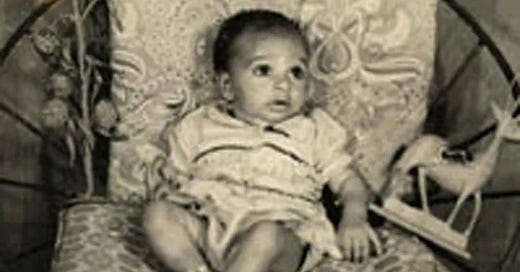How to Navigate Adult Life When You Didn't Receive Adequate Care as a Child
Adults who experienced neglectful upbringings often grapple with complex emotional challenges. These may surface as unresolved traumas, difficulties in creating or maintaining social circles, etc.
When we are infants, our parents, guardians, or other responsible adults in our immediate environment assume the crucial role of caretakers. During these formative years, we are entirely dependent on them for every aspect of our existence, ranging from basic physio…
Keep reading with a 7-day free trial
Subscribe to The Gurdeep Magazine to keep reading this post and get 7 days of free access to the full post archives.




